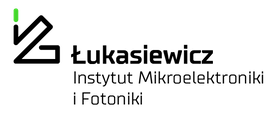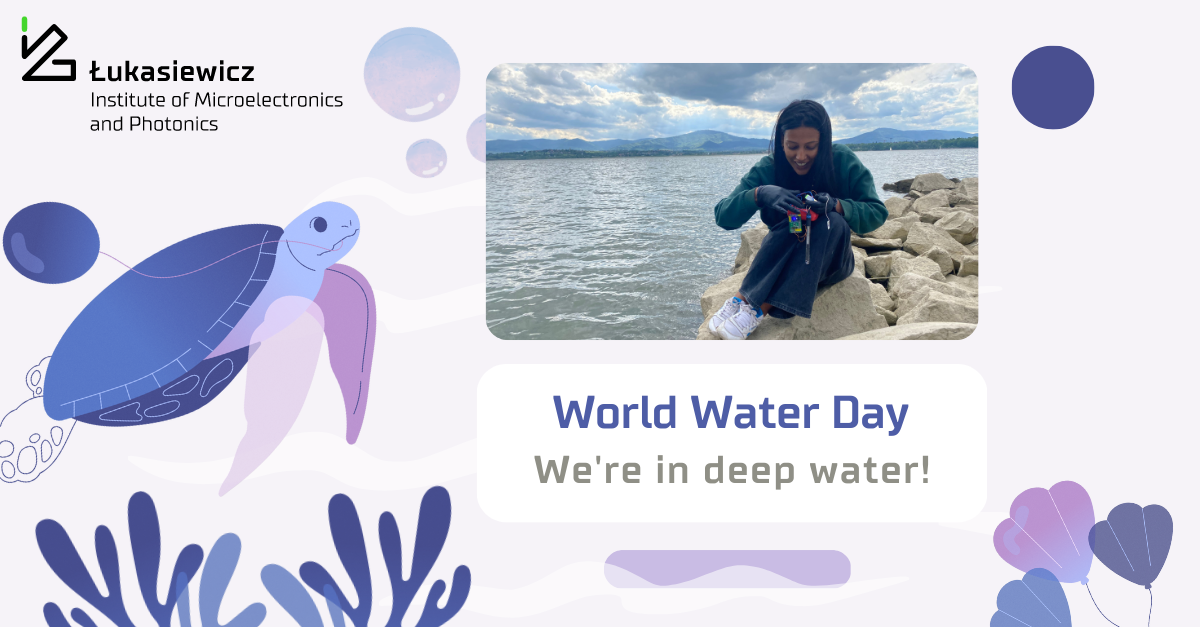Billions of people don’t have access to safe drinking water – we are all aware of this but… we don’t think of the water crisis on a daily basis even though it has been touching our lives here in Europe for years and it’s unfortunately getting worse with time.
As the European Environment Agency stated on their website: „Water scarcity affected 29% of the EU territory during at least one season in 2019. (…) Since 2010 there has been a worsening of the situation. (…) This, compounded with the fact that climate change is expected to further increase the frequency, intensity, and impacts of drought events.”
The question is – what can we do to handle this crisis? We should think of little steps… step by step, meaning taking actions such as the following:
🔶 taking shorter showers
🔶 creating rain gardens
🔶 buying local, seasonal food
To get more ideas on how to save water go to www.unwater.org/bethechange
But water crisis doesn’t just come down to lack of water, there’s also the problem of water quality (as we have said at the beginning) – how clean or polluted it is – do you remember that the Oder river in Poland was extremely polluted last summer? To ensure that water is safe, it needs to be monitored: “Lack of real-time data is one of the biggest detriments of effective water management. The faster we know, the faster we can act. How do we achieve that? By using technology that is highly sensitive and communicative of even the smallest changes in water” – said Kiranmai Uppuluri, our researcher, on water sensors developed at Łukasiewicz – IMiF.
Traditional water sensors are bulky, and made of glass, and if we hit them, they will break. In our Institute we are trying to replace them with sensors that are:
- small
- handy
- ecofriendly
- stable
- cheap
So water monitoring is one thing but are there any ideas on how to prevent water pollution? It’s good to start with the following advice: don’t put food waste, oils, medicines, and chemicals down your toilet or drains.


